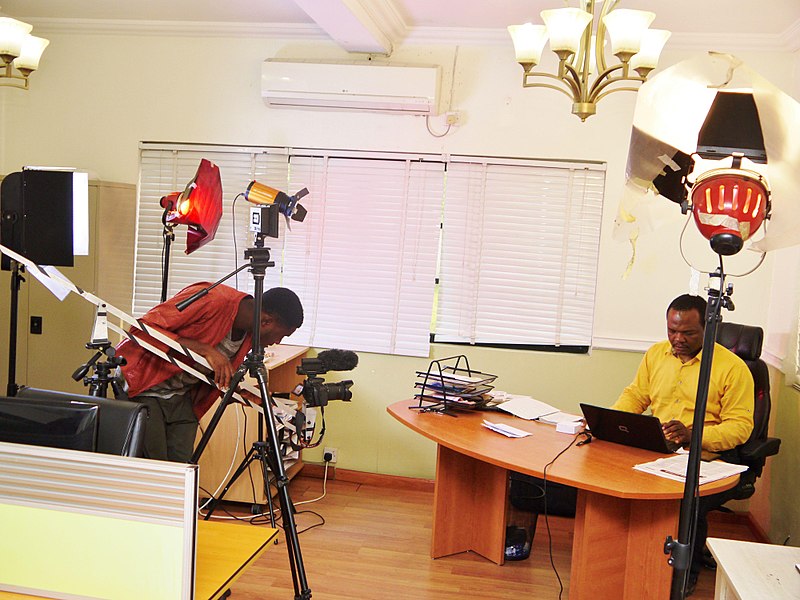Introduction:
In today’s fast-paced and interconnected world, the importance of storytelling has never been greater. Documentary filmmaking, in particular, serves as a powerful medium for inspiring social change, shedding light on untold stories, and challenging the status quo. With their unique ability to capture reality and evoke emotions, documentaries have the power to spark conversations, raise awareness, and drive action. In this blog post, we will explore the significant role documentary filmmaking plays in promoting social change and discuss how aspiring filmmakers can harness its potential.
The Impact of Documentaries on Social Change:
Documentaries have long been a platform for activists, journalists, and storytellers to delve deep into pressing social issues, giving a voice to the voiceless and exposing the truth behind the headlines. From environmental concerns and political corruption to human rights violations and cultural explorations, documentaries provide an unfiltered and intimate lens into the world around us. They have the power to:
- Educate and Inform: Documentaries present factual information and expert insights in a compelling and engaging manner. By offering a thorough understanding of complex issues, they equip viewers with the knowledge to make informed decisions and take action.
- Humanize the Issues: Documentaries showcase the lives, struggles, and triumphs of real people, fostering empathy and understanding among viewers. This emotional connection can inspire action and encourage solidarity with marginalized communities.
- Inspire Action: By highlighting solutions and success stories, documentaries can inspire viewers to become change-makers themselves. They provide tangible examples of how individuals, communities, and organizations can address pressing social issues and make a difference.
- Challenge the Status Quo: Documentaries often question mainstream narratives and provoke critical thinking. They challenge biases, stereotypes, and misconceptions, prompting viewers to reassess their beliefs and attitudes.
Harnessing the Power of Documentary Filmmaking for Social Change:
For aspiring documentary filmmakers eager to contribute to social change, here are some essential tips and strategies:
- Choose a Compelling Topic: Select an issue that you are passionate about and that has the potential to resonate with viewers. Research the topic thoroughly to understand its complexities and identify potential angles for storytelling.
- Develop a Strong Narrative: A powerful documentary tells a story that engages viewers emotionally and intellectually. Focus on personal stories and human experiences to create a relatable and impactful narrative.
- Maintain Integrity and Objectivity: While documentaries often have a viewpoint or message, it’s crucial to present information accurately and fairly. Strive to maintain journalistic integrity and avoid sensationalism or manipulation of facts.
- Utilize Effective Storytelling Techniques: Experiment with different styles, formats, and techniques to create a unique and compelling visual narrative. Use evocative cinematography, sound design, and editing to enhance the story and engage viewers.
- Collaborate with Local Communities: Work closely with the communities you are documenting to build trust, ensure cultural sensitivity, and gain access to authentic stories and perspectives.
- Promote and Distribute Your Film: To maximize the impact of your documentary, develop a strategic marketing and distribution plan. Utilize social media, film festivals, and community screenings to reach a broad audience and spark conversations around your chosen issue.
Conclusion:
Documentary filmmaking is an influential tool for social change, providing a platform for storytellers to explore pressing issues, challenge assumptions, and inspire action. By harnessing the power of documentary filmmaking, aspiring filmmakers can play a vital role in shaping a more just, equitable, and sustainable world. So, pick up your camera, find a story worth telling, and make your voice heard!







